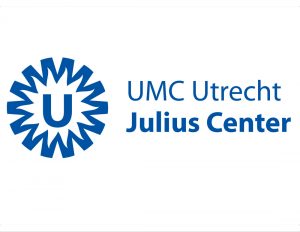Artificial Intelligence for Detection Of Cancer – AI-DOC
Start Date Sep 2019
Code Ut2-Aff
Status Ongoing
Project summary
Earlier detection of cancer has major impact on the prognosis. In countries with a gate keeping system (like the Netherlands and the UK) more than 80% of patients with cancer present themselves in primary care, the majority of them with vague symptoms. The primary care physician (PCP) has to assess the risk for cancer of these patients and refer the ones who pass a certain threshold of suspicion (detection) for further diagnostic evaluation (diagnosis). The detection proces of the PCP did not improve much during the last 35 years. Generally it may still take 2-3 consultations before a patient is referred. Increasing the proportion of patients detected earlier, with cancer in more localized stages, will have major effects on morbidity and mortality.The aim of this project is to explore the value of artificial intelligence in finding new patterns, that can improve early detection of cancer in primary care. PCPs keep clinical records which contain medical data of their patients, not only coded, but also free text data. Not just diagnoses are registered, but also reasons for encounter, results of physical and other examinations, all kinds of contextual and social information etc. These records form a rich source of data, which might be of value in detecting cancer at an earlier stage. We will use machine learning techniques in exploring these rich datasets. For this will combine the records of 4 academic primary care networks, which contain anonymized data of more than 750.000 patients, some of which for a period longer than 10 years. Cancer diagnoses will be validated by linkage to the National Cancer Registry (NCR). Out hypothesis is that machine learning on both coded and uncoded and unstructured data will discover not yet known cues that are valid for earlier detection of cancer and improve the detection proces in primary care



